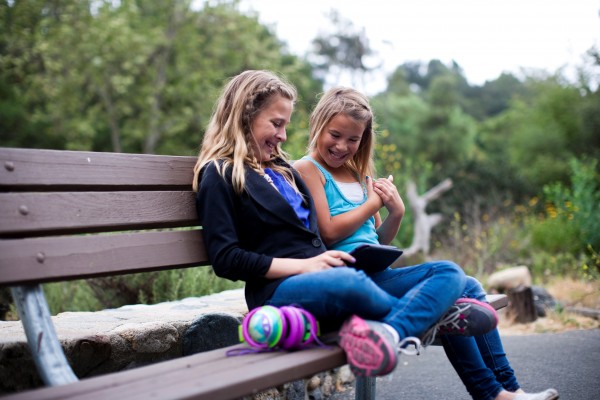By Dr. Julie Youssef, developmental-behavioral pediatrician and assistant clinical professor at The Center for Autism and Neurodevelopmental Disorders
Every child with an autism spectrum disorder (ASD) has unique strengths and weaknesses that change throughout their lifespan. One therapeutic approach many families consider is social skills intervention programs. Often led by behavioral specialists, these programs offer an opportunity for individuals with ASD to practice their social skills with each other and/or typical peers on a regular basis.
The Center for Autism and Neurodevelopmental Disorders recently held a unique four-week robotics camp targeting children with ASD. Robotics camps are ideal platforms to engage students in science, technology, engineering and mathematics (STEM). They aim to teach children about the technical aspects of STEM, along with skills related to teamwork, leadership and design.
The technical components were led by a robotics researcher, while a team of behavioral specialists worked with the participants to encourage proper social skills. Participants worked in a team to construct a robot and program it to perform complex tasks.
The robotics camp is an exciting step toward developing further technology-based social interventions for children with ASD in our community. Here are a few more ways to promote social skills in children with autism:
- Identify peers with strong social skills and pair the child with ASD with them so that he has good models for social interaction.
- Provide prompting for socially appropriate behavior as needed and set up opportunities to practice these behaviors.
- Celebrate a child’s strengths and use these to motivate interest in social interactions, or to give a child a chance to excel in front of peers. Use preferred activities to create opportunities to play with peers.
Learn more about ASD, including helpful classes and resources.






